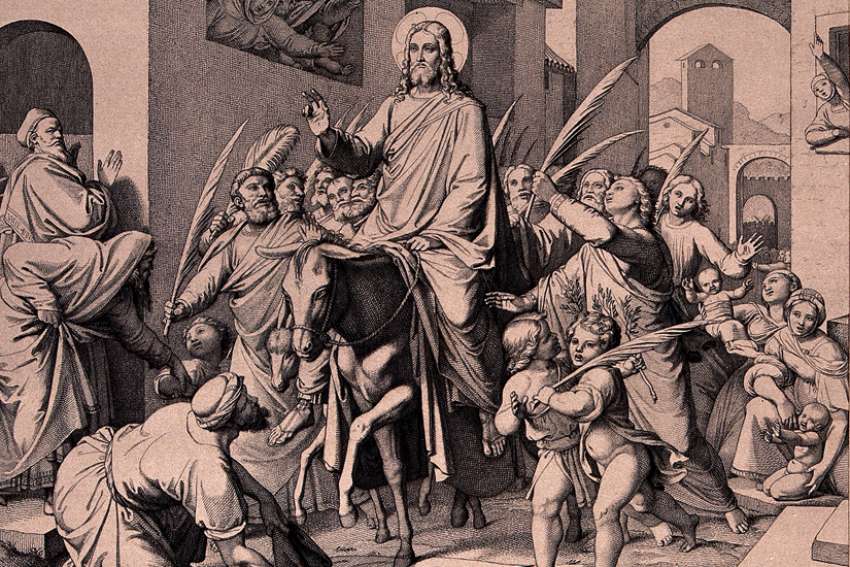It is often a thankless and unenviable task, for people are seldom open, receptive or appreciative. In fact, they often react with rage, persecution and violence. No one chooses to become a prophet, for they face challenges and opposition that break most people.
Most of the prophets of the Old Testament reacted to their call with reluctance, dismay, and in the spectacular case of Jonah, refusal to accept the role. Those who responded and accepted seldom led happy or tranquil lives. And yet they continued to come.
There was a common thread through all of them: They received not only their call, but strength, wisdom and guidance from God alone. This is what kept them going.
There is a considerable difference between grim determination and fanaticism on the one hand, and genuine prophetic empowerment on the other. A genuine prophet does much more than issue fiery denunciations or calls for repentance.
The Suffering Servant of Isaiah — a symbol of the ideal spokesperson for God — speaks the wisdom of God because he listens to God with the ego disengaged. But more than that, the Servant encourages and sustains others with words of hope. This is God’s “default mode” — the harder words only come when there are repeated refusals to listen.
Although we will probably never be anointed as a prophet, we all have our prophetic ministry of service.
We are living through some very tough and frightening times. There are far too many that lapse into the negative mode, such as fault-finding, scapegoating and fear-mongering. People are in desperate need of encouragement, comfort, hope and life wisdom. They need the strength to soldier on through the challenges of our time, one step at a time.
We can only do this together, supporting one another. Isaiah has given us the perfect model of spiritual leadership. Can we rise to the challenge?
Jesus fulfilled this prophetic role to absolute perfection. The hymn from Philippians describes His life beautifully — He emptied Himself completely, taking on the lowliest status and following a path of obedience that eventually led to the cross.
For most people, the very thought would be terrifying. We are afraid of being vulnerable and live in dread of pain or deprivation. But God lets us in on a secret: Being vulnerable, obedient and self-giving, when done for the right reasons and with the heart harmonized with God, is a source of power and transformation.
It was because of His extreme vulnerability and self-giving that Jesus was literally exalted to the heavens. Paul insisted that this was how we mirror Jesus in our lives.
We are surrounded by numerous examples of those willing to be vulnerable for the sake of others. During the present COVID-19 crisis, medical and health care personnel have laboured unceasingly and at risk to bring comfort and healing to the afflicted. Others work tirelessly to keep our cities running and to ensure that we have the necessities of life.
Jesus was nearing the end of His mission. During His short ministry, He taught, healed, raised the dead and forgave sins. He gave hope and comfort to many, showing them God’s mercy and a way of life that brought them closer to God and to one another. Why would this be upsetting or threatening to anyone?
As part of His ministry, He challenged people. He cut through their self-delusion, denial, lies and selfishness. Stripping aside all that was false, Jesus showed them what they could be.
His words would be no more welcome today than they were then, for human nature has changed little. For many, it was far easier to destroy Jesus than to have a change of mind and heart. The wheels were set in motion for His demise.
In His journey to the cross, He experienced human treachery, cowardice, weakness and self-seeking — from His followers. He did not want to die, but His heart was set on obedience to the mission given to Him by God.
Jesus journeyed relentlessly towards Jerusalem because He felt the love and the power of God within Him. The cost of true discipleship is never easy and we should beware of shortcuts or anyone who promises an easier path.
Our present crisis is an opportunity to be a true disciple and to reveal God’s mercy.


